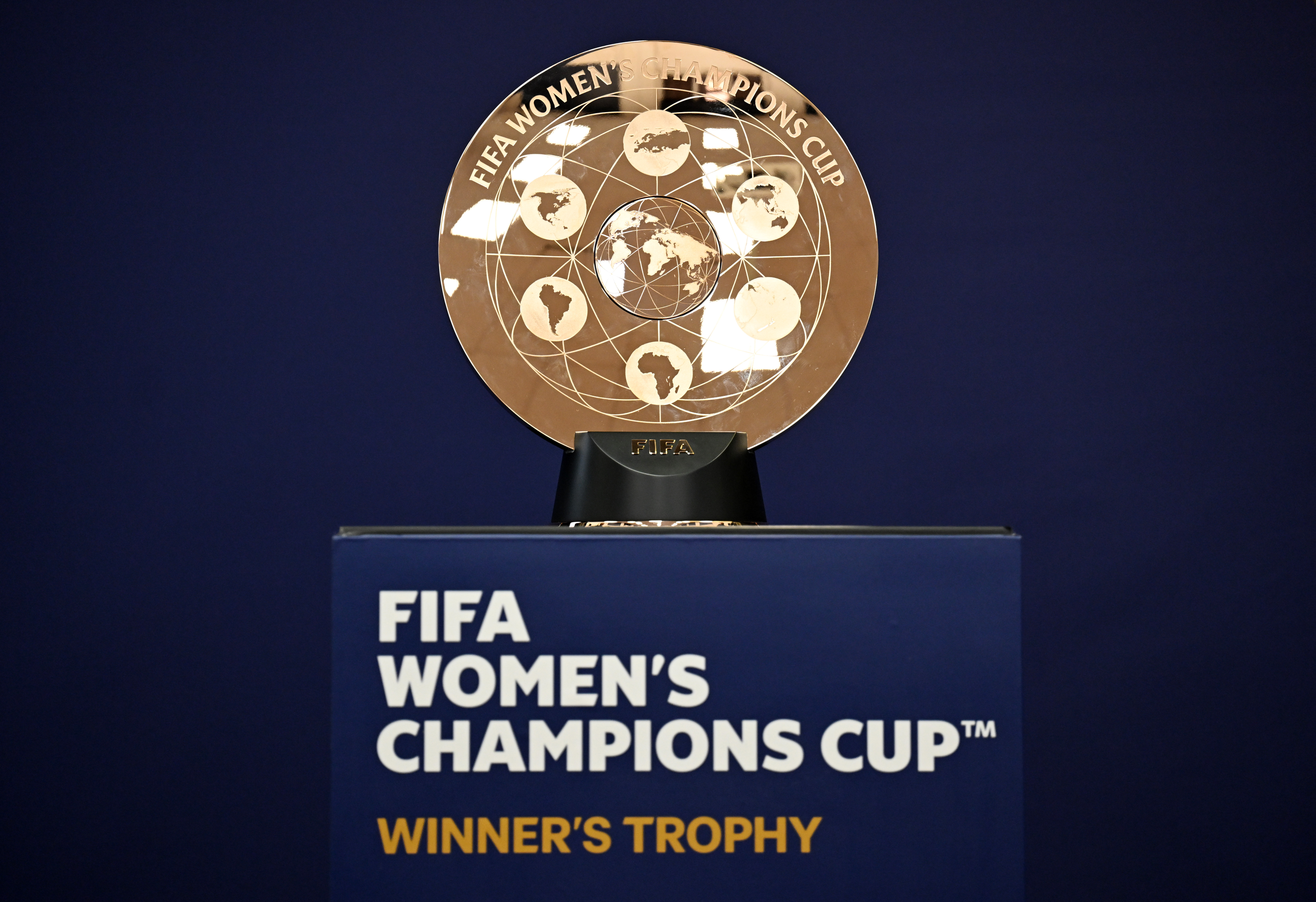Football play writer dreaded booing when players took the knee in BLM protest
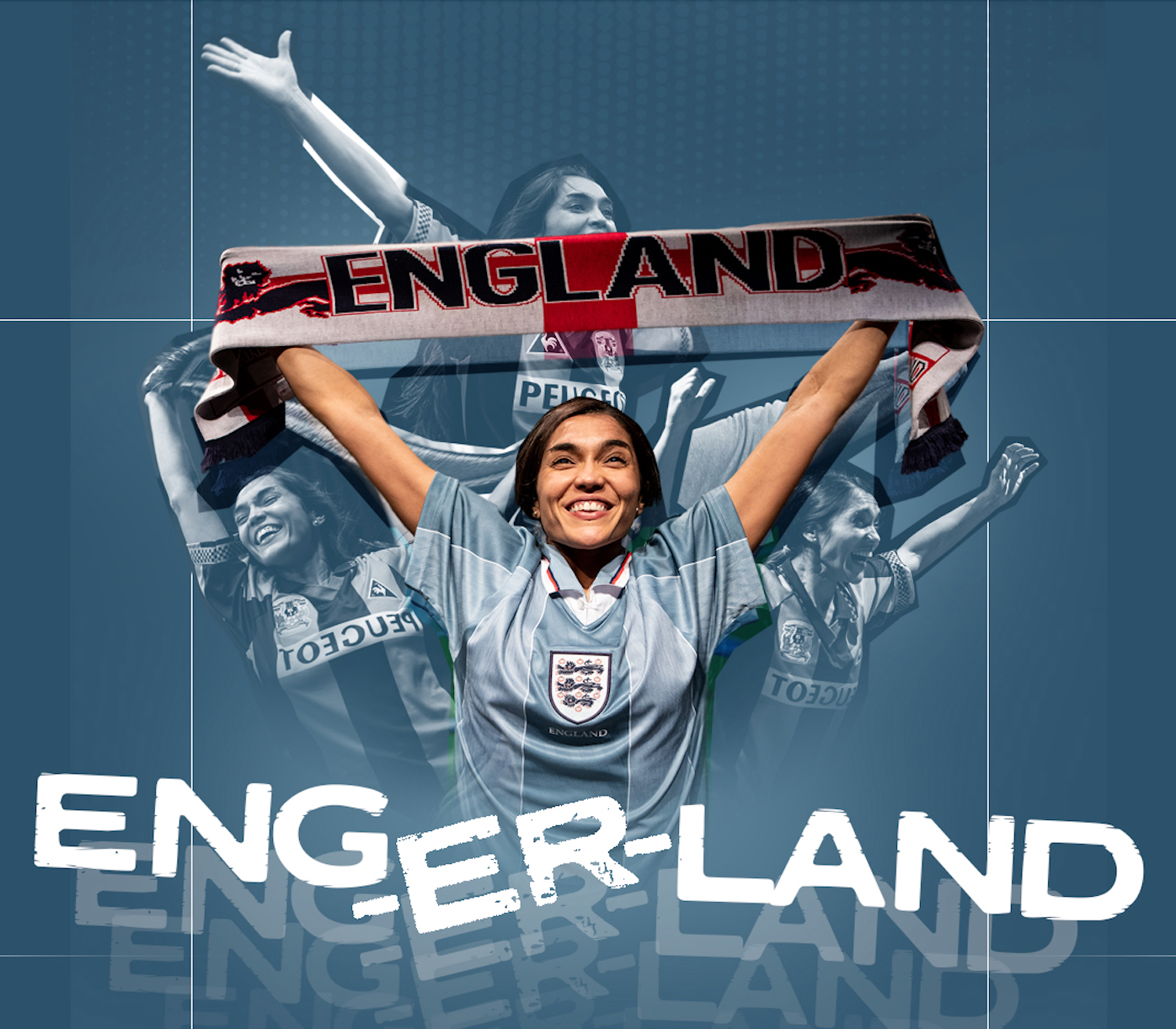
An actor inspired by the Black Lives Matter movement to write a play about racism in English football has revealed she dreaded the start of games because of the booing when players took the knee.
Hannah Kumari, 38, said the “counter protests” last year in which groups were targeting BLM supporters gave her the idea to write about her experiences as a mixed-race football fan.
“It got to a point where I did dread the beginning of games because you wondered what’s going to happen,” Kumari told the PA news agency.

“In the Euros I went to watch a game across the road on a big screen and I was feeling nervous because where I live now in Frome (Somerset), it is a predominantly white town.
“But everyone clapped and cheered (when the knee was taken) and it made me feel quite emotional.”
Twelve months earlier Kumari, who was brought up in Rugby, Warwickshire, had started writing ENG-ER-LAND.
⚽️So excited to officially announce the ENG-ER-LAND Spring ‘22 tour 🎭🥳supported by @ace_southwest, #FansForDiversity@WeAreTheFSA & our amazing 15 partner venues. Can’t wait to share this show with lots of different communities, from the South West to the North East ☺️🙌🏽💃🏽🥅 pic.twitter.com/uc7shxrAcc— Hannah Kumari (@HannahKumari) December 6, 2021
She said the play – which will tour England next year from February 16 to April 2 – reflects on her own experiences and hopes it will reach those people who criticised the BLM movement. She described taking the knee as “a beautiful and powerful gesture”.
The best features, fun and footballing quizzes, straight to your inbox every week.
“As I started to write it, I felt that there were themes in there that hopefully a lot of people would identify with,” she said. “I wanted to make a piece that was fun and uplifting, and also a celebration of my love of football which might find some common ground.”
ENG-ER-LAND combines storytelling, dance and music with 1990s nostalgia and tackles themes of racism, identity politics, lad culture and working-class masculinity. It is set a year after the Euro 96 tournament but looks back at that summer when football almost came home.
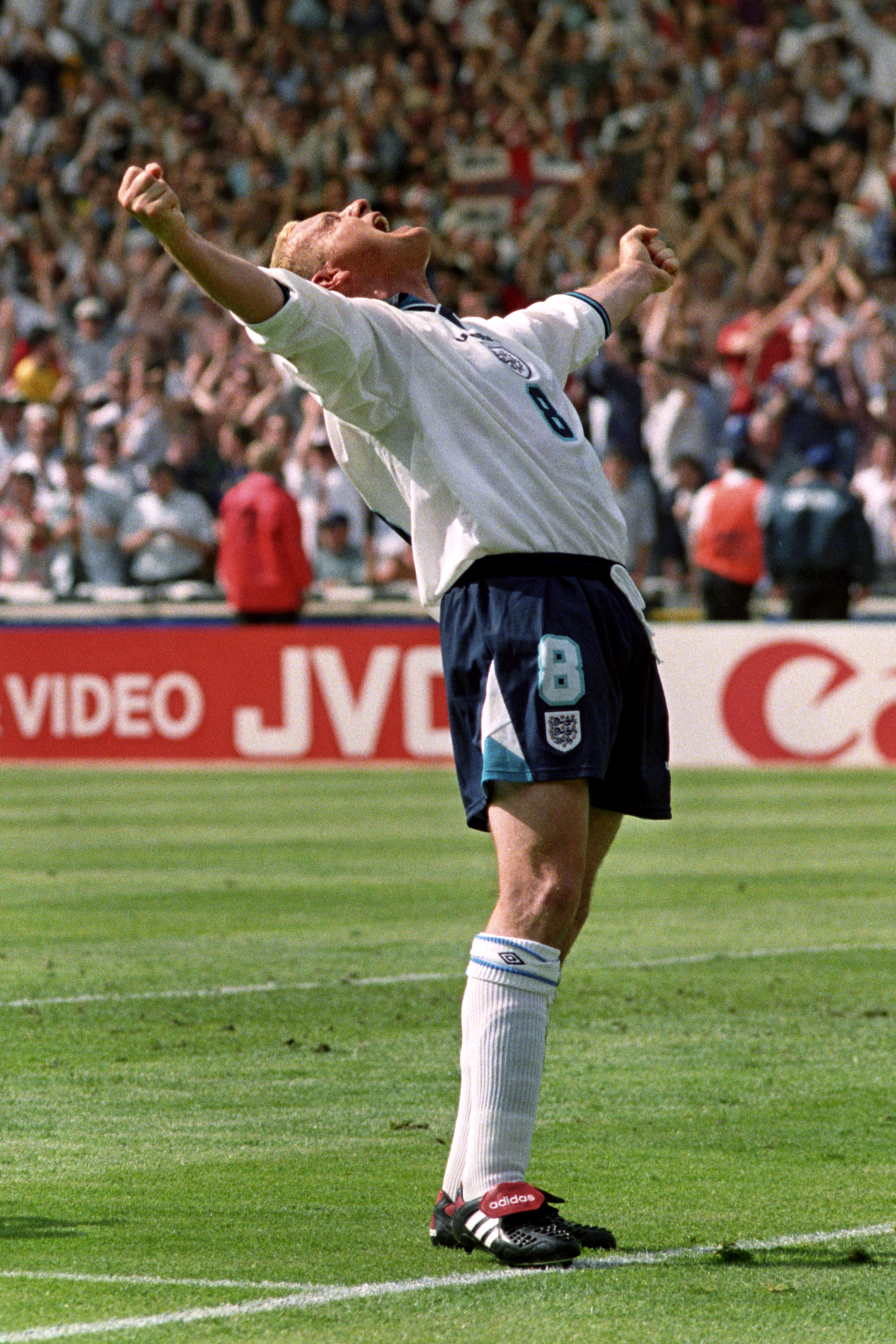
“I remember that as being the year that I fell in love with football,” said Kumari, whose father is Scottish and mother is from India.
As she started supporting Coventry, Kumari said she experienced no racism while following her club.
But she clearly remembers attending a game with her father in which Ian Wright was targeted with racist abuse in the late 1990s.
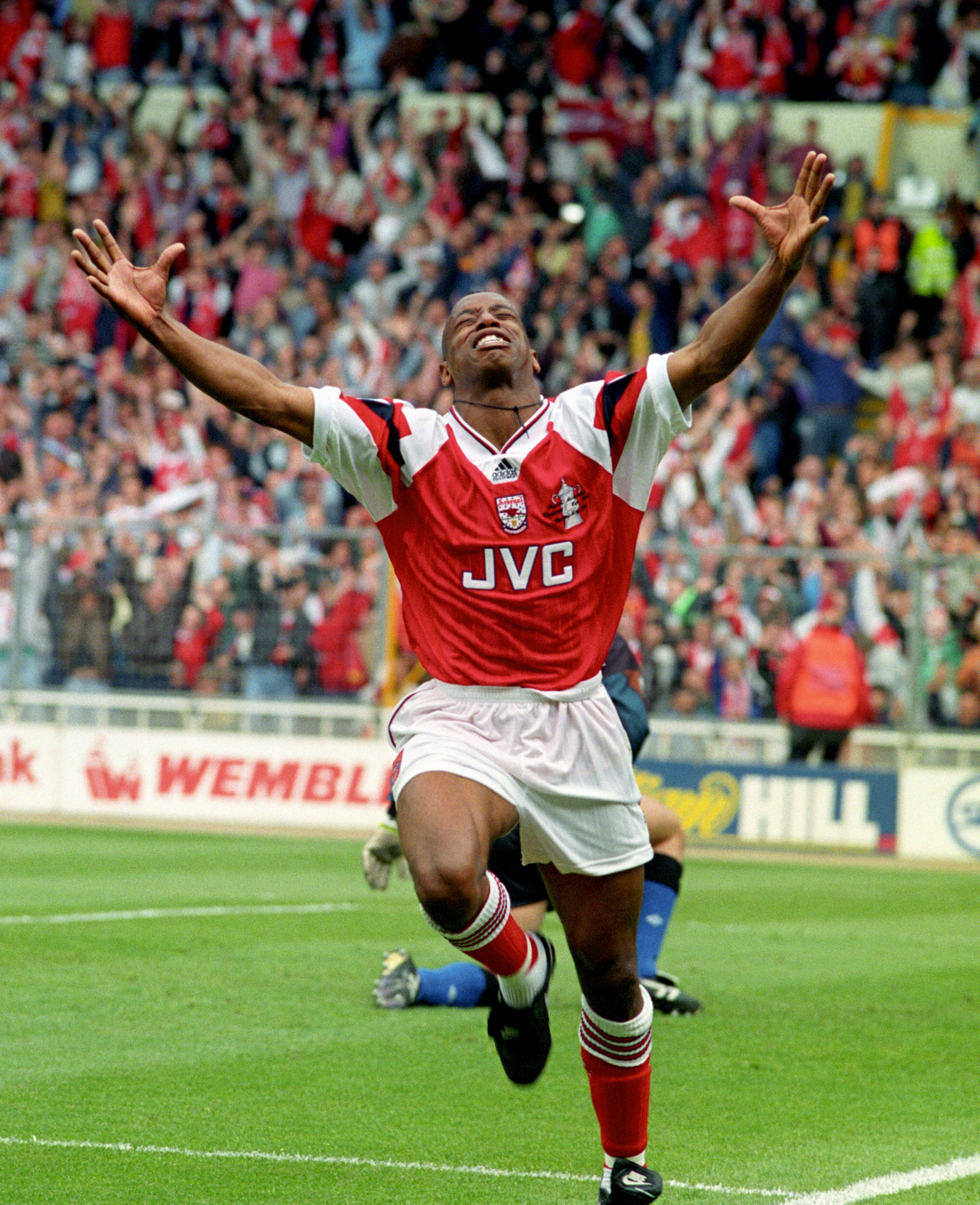
She said: “We’d go on holiday to Scotland a lot and he took me to a friendly which was Rangers against Arsenal. There was a lot of racist abuse being shouted at Ian Wright. Like very clear.
“I remember being quite scared. As a young mixed-race girl especially.”
Kumari believes there has been an improvement in behaviour on the terraces but admitted there was a “sad inevitability” that racist abuse was aimed via social media at the three England players – Marcus Rashford, Jadon Sancho and Bukayo Saka – who missed in the penalty shoot-out to Italy in the Euro 2020 final.
“I think I’m someone that I will always try to see the positive and it was great to see the reaction in Manchester with the mural,” she said.
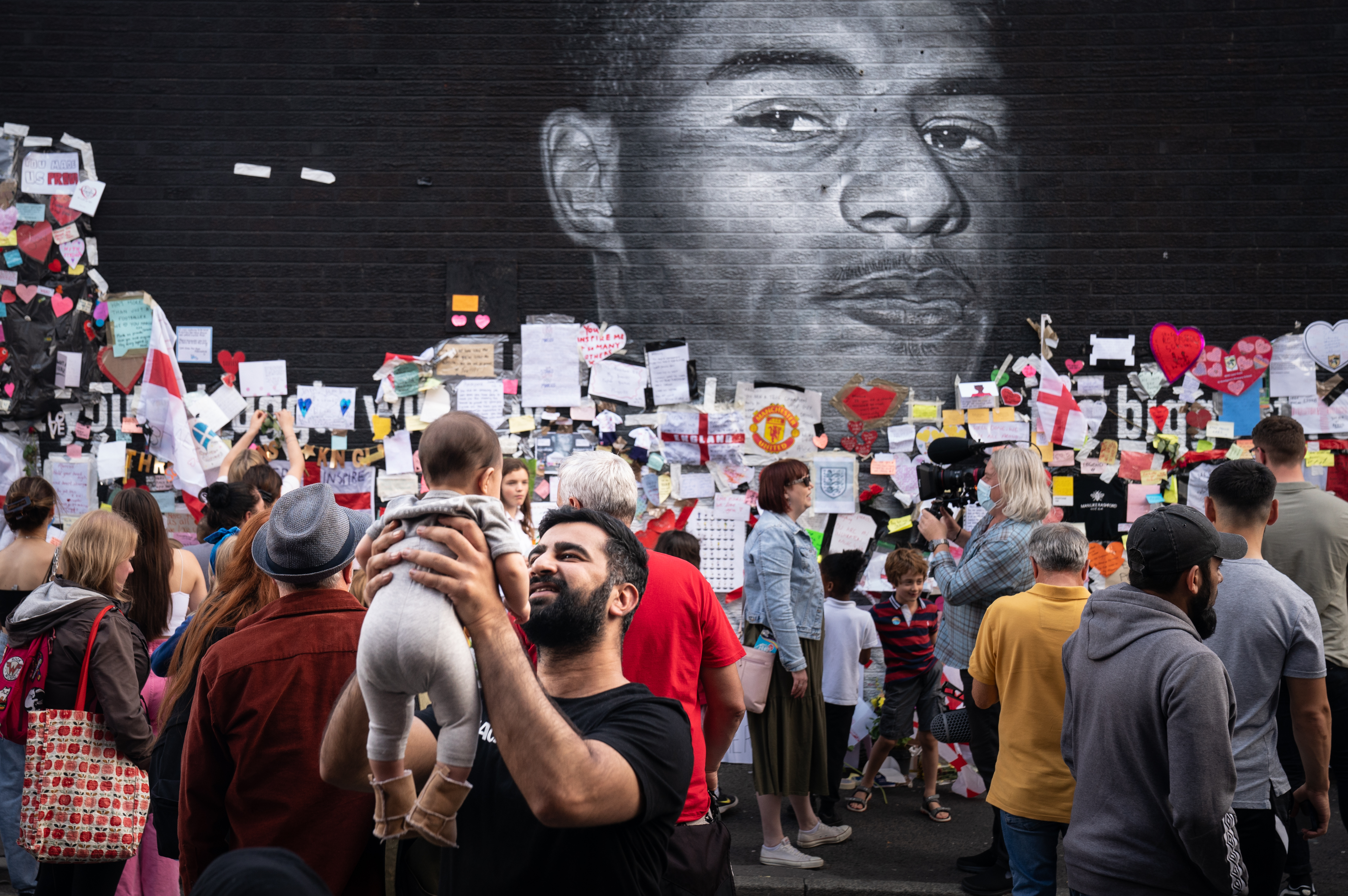
The mural of Rashford in the Withington area of Manchester was created to pay tribute to the forward’s work to help tackle child food poverty. After his missed spot-kick it was vandalised but then locals started posting messages of support for the Manchester United player before it was restored.
One of the core themes of the play is about Englishness. Its director Rikki Beadle-Blair, when talking about ENG-ER-LAND, has been quoted as saying “you support England, but does England really support you?”.
“It is a really powerful quote and one I’ve reflected on,” said Kumari.
“I started writing the play last summer and it’s been further informed by the tournament this summer and looking back to 1996 and what’s changed – and what hasn’t changed.”
– For more details about the ENG-ER-LAND tour – supported by the Football Supporter’s Association – go to https://www.wolab.co.uk/eng-er-land
 Join The Club
Join The Club





